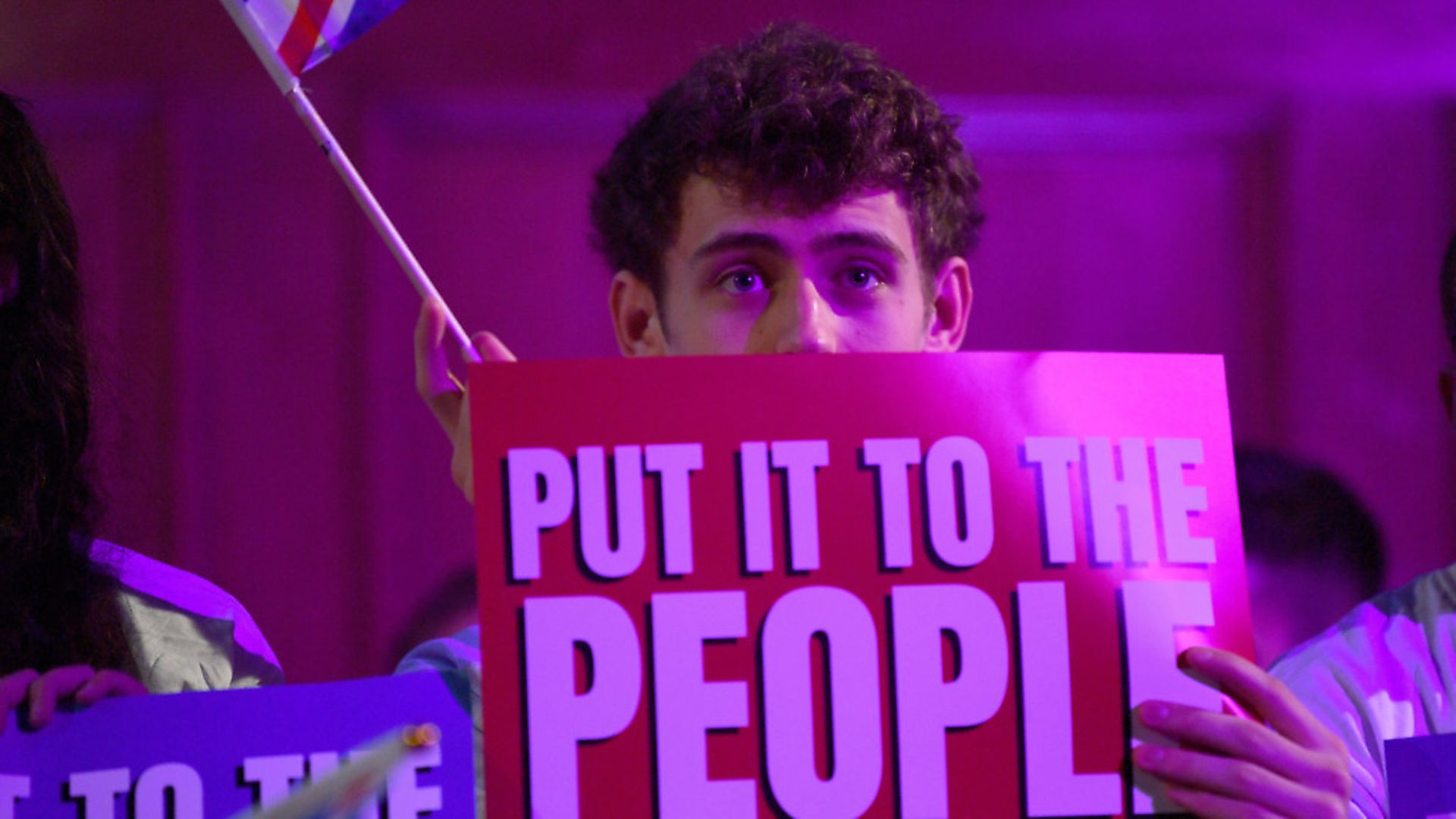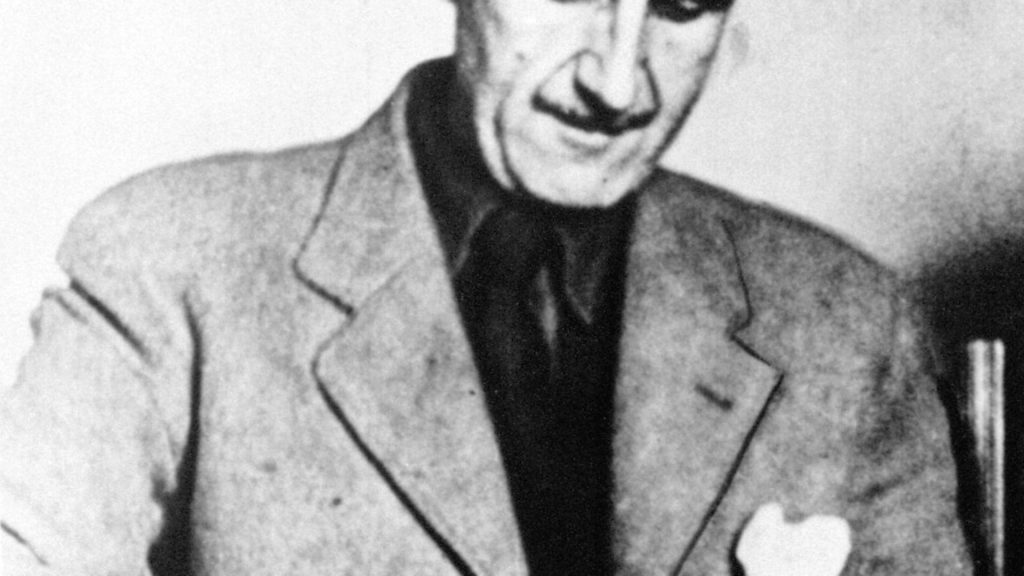
ANDREW ADONIS talks about the links between Brexit and a George Orwell novel.

Brexit is George Orwell’s greatest triumph since Soviet Russia. Well, apart from Trump, its bedfellow – or fellow traveller. It’s not just the Orwellian language and lies.
Orwell’s Ministry of Truth has finally made it to Whitehall. It is called the ‘Department for Exiting the European Union’ – a department where the only thing that ever exits is the ministers and their acolytes.
Brexit was Orwellian from the start, founded on a Big Lie that Britain’s democratic and existential imperative was to destroy an ‘undemocratic and dictatorial’ European Union.
This was rapidly buttressed with fake facts, fake news – much of it written by Boris Johnson in the Daily Telegraph – and slogans straight out of Animal Farm, repeated on a never-ending loop.
All in pursuit of a utopia – Brexit Britain – which to anyone not drinking the Kool-Aid (did that start with Orwell too?) is a dystopia worthy of Nineteen Eighty-Four.
‘Brexit Means Brexit’. ‘No deal’ – or, even better, ‘managed no deal’. ‘No deal is better than a bad deal’ – until a bad deal overnight became better than no deal. ‘Four legs good, two legs bad’. ‘Four legs good, two legs better’.
The European Research Group deserves a special mention: a group which does no research and dislikes Europe. As for Farage, Napoleon with his cigars and whisky in Manor Farm is the original. Orwell would have loved the Brexit Party with its one member – Farage – buttressed only by supporters, whose manifesto is only to be published after the election to which it applies on the grounds that ‘all manifestos are lies’.
An entire Orwell novel could be devoted to Ireland and Brexit, where truth and lies, reality and dissembling, collide in highly dangerous fashion. What is now called the ‘Irish backstop’ – the complex treaty provisions in May’s Brexit deal that would largely keep Northern Ireland in the EU customs union and single market post Brexit – began in the draft text as a ‘bridge’ to the ‘deep and special partnership’ between Britain and the EU which it was intended would apply to the UK as a whole once the final status Brexit negotiations were complete.
Except that this objective had to be immediately disowned when the DUP and ERG decided that the ‘bridge’ was an Evil Remain Plot. So it became a backstop. And within days May had committed to scrapping it entirely, while still promising no hard border in Ireland.
Problem – this couldn’t be done without also scrapping the Good Friday Agreement. So May said the backstop would be replaced with ‘alternative arrangements’. But what would these be, since none were viable? Never fear. May announced an Alternative Arrangements Working Group, which is still working but has not produced any alternatives.
The Remain side of the argument would have been applauded by Orwell for its attempt to expose and defeat this dangerous nonsense. But he would have observed its own hilarious lapses.
The funniest is the second referendum, which became the People’s Vote then the public vote and is now the ‘confirmatory vote with an option to remain’ – except that the last five words sometimes have to be construed because they are not always stated, and sometimes the confirmatory vote is turned into ‘an option’ which may be ‘backed’. But it all amounts to a second referendum, and the dear voters are just confused as to why we won’t call a spade a spade, unless it is intended not really to be a spade.
But of course, we all know that’s not true. Don’t we, Winston Smith?
Warning: Illegal string offset 'link_id' in /mnt/storage/stage/www/wp-includes/bookmark.php on line 357
Notice: Trying to get property 'link_id' of non-object in /mnt/storage/stage/www/wp-includes/bookmark.php on line 37






